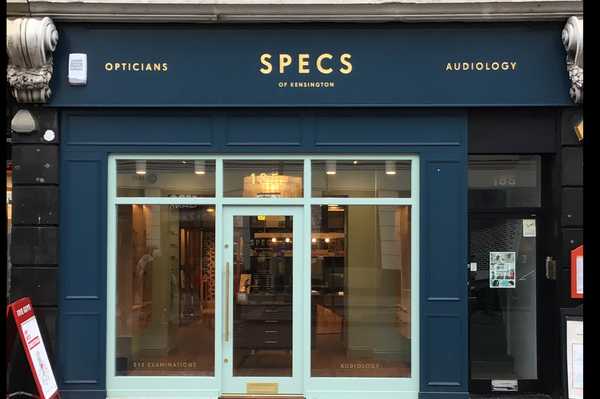Tinnitus Assessment
Tinnitus is not a disease or an illness, it is the term for hearing sounds in the ears or the head which are not from an external sound source. Tinnitus can sound different to different individuals, a few common descriptions of how tinnitus can sound include but are not limited to; ringing, buzzing, whistling, humming, ticking or hissing. Some people also have a mixture of various sounds or even hear sounds similar to music, words or singing.
Tinnitus is rarely an indication of a serious disorder but it is wise to see the GP if symptoms of tinnitus are being experienced.
Tinnitus Assessment
Tinnitus can be caused by many factors and often occurs spontaneously. Questions are always asked even in our hearing assessments to establish if there is an underlying cause for the tinnitus or if onward referral to another professional is necessary. However, if the tinnitus has no underlying medical connection and simply requires more help, understanding and coping mechanisms, our tinnitus assessments will cover this.
Tinnitus can be a worrying experience for some individuals especially if it has never been experienced before, however, it is known that tinnitus can seem worse to the person experiencing it when anxious or stressed, therefore, it is important to seek advice and help if this is the case.
Different terms can be used to describe tinnitus and in a tinnitus assessment the type of tinnitus presented will be analysed and explained accordingly. The audiologist will help with the understanding of tinnitus and work to minimise the impact it has along with offering coping strategies.
Helpful information regarding tinnitus is also available online on the British Tinnitus Association (BTA) website, written by experts in the field.
Note: We do not recommend using online forums or unofficial websites to research or discuss tinnitus as these can often be filled with more negative experiences which can hinder somebody’s journey to understanding and coping with their own type of tinnitus.








